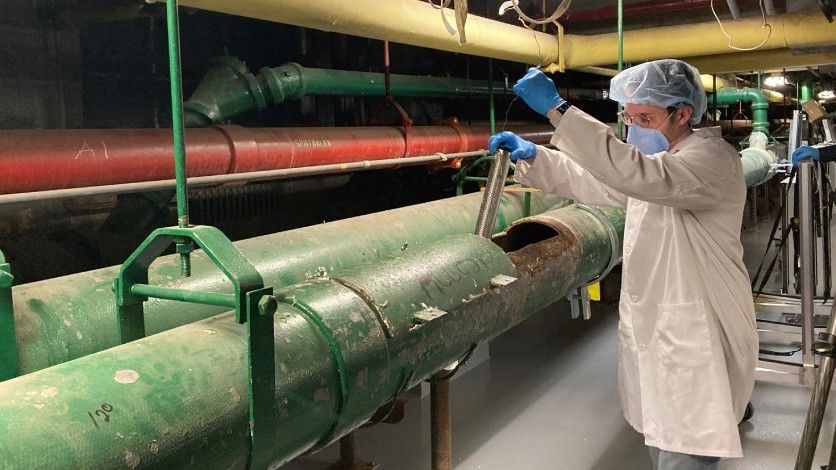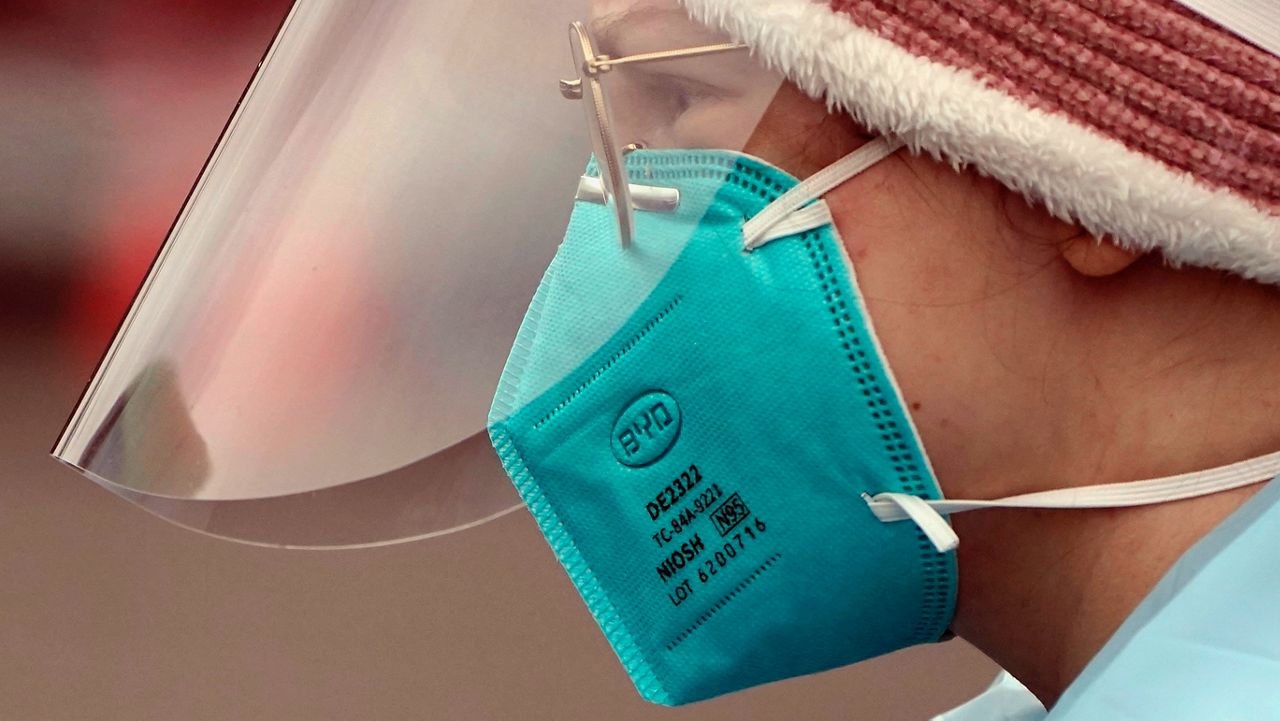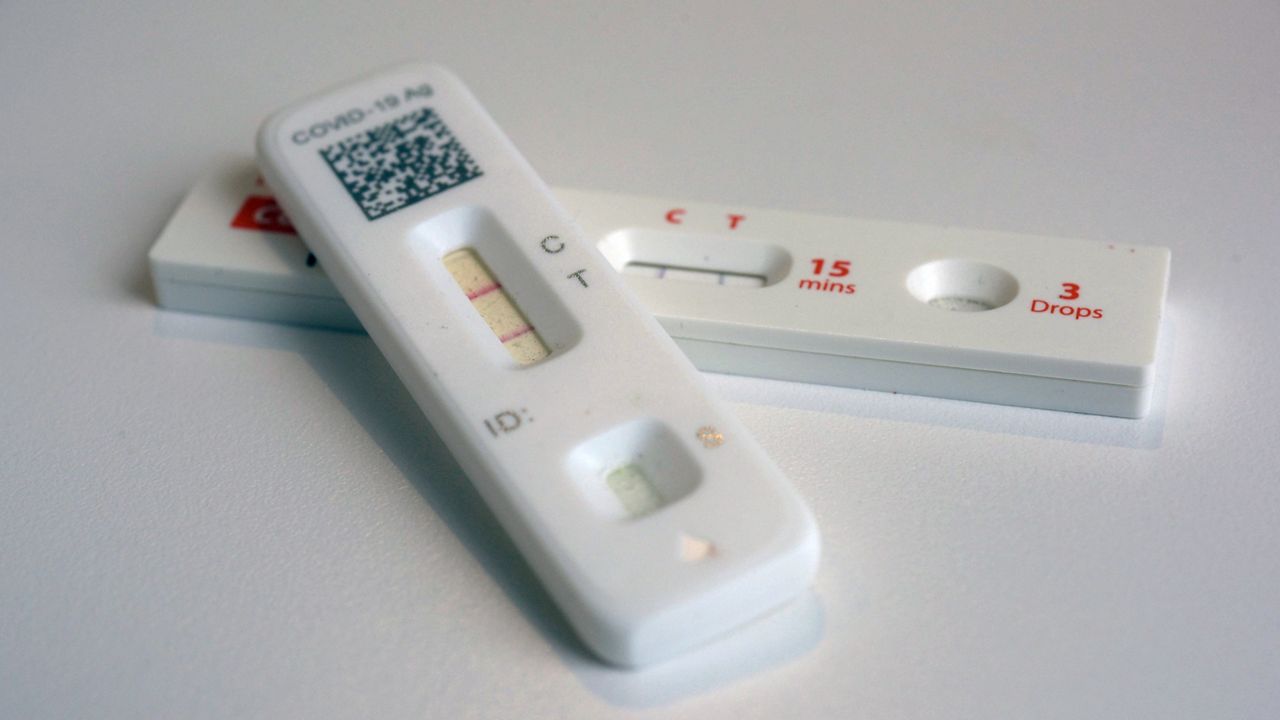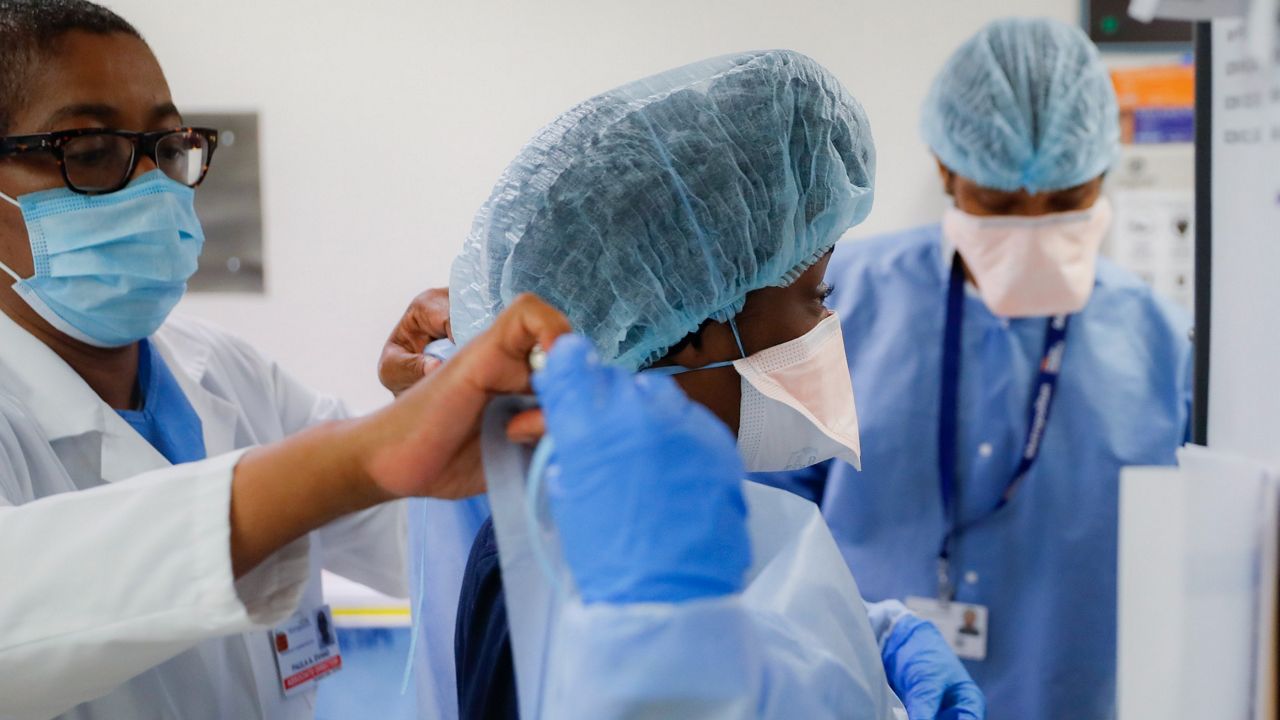NEW YORK – The city’s public health system announced on Wednesday that starting next week it will begin testing wastewater for polio and monkeypox at the city's 11 public hospitals.
The announcement comes days after New York state and city health officials discovered the poliovirus in city wastewater samples, suggesting likely local circulation of the virus.
“Wastewater surveillance is a clever and novel way of getting valuable information about what’s coming,” NYC Health + Hospitals Chair of Global Health Institute Dr. Joseph Masci said in a press release. “Wastewater data can give clinicians a 10- to 14-day head start on what we are seeing in clinical settings, and that can make a huge difference in prevention and treatment.”
The agency says its biosurveillance program, launched in February at Elmhurst Hospital, has successfully predicted changes to COVID-19 and flu rates. NYC Health + Hospitals says it currently does wastewater testing in 10 of the system’s hospitals. Starting next week, the program will expand to 11 hospitals.
The hospital system works with researchers from CUNY to collect wastewater samples from hospital sewage pipes and manholes, according to NYC Health + Hospitals.
The samples are tested by the Queens College CUNY Wastewater Epidemiology Laboratory and then tested for sequencing at the Pandemic Response Lab in Manhattan, the release said.
“The Queens College CUNY Wastewater Epidemiology Laboratory (WETLAB) is happy to support NYC Health + Hospital’s biosurveillance needs, especially at this time when our city is experiencing outbreaks of multiple emerging viruses,” Queens College biology professor John Dennehy said. “The WETLAB has developed a new method of concentrating viruses, which significantly reduces the cost and labor required to obtain virus genetic material and test for the presence of pathogens.”
Polio can lead to permanent paralysis of the arms and legs and in some cases lead to death due to paralysis in muscles required to breathe and swallow, according to a release from the health department.
Most people infected with the virus will not show symptoms, but one in every four people with an infection will have flu-like symptoms, officials said.








